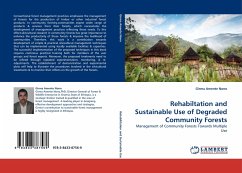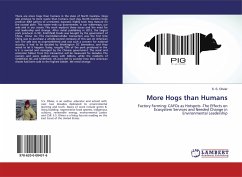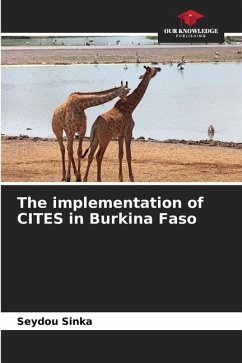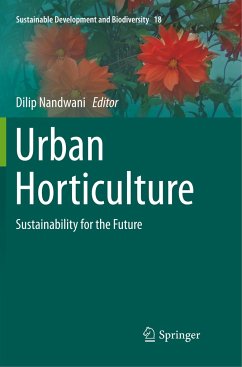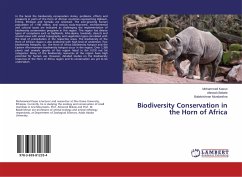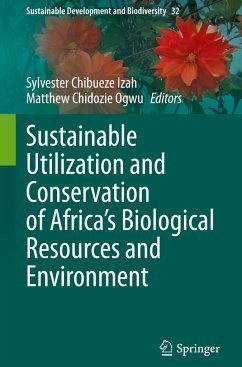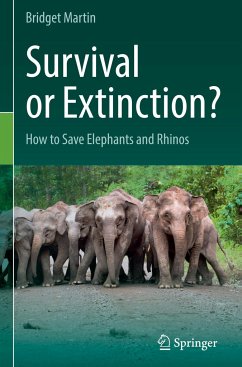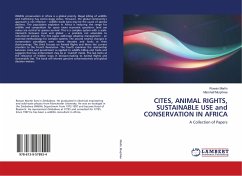
CITES, ANIMAL RIGHTS, SUSTAINABLE USE and CONSERVATION IN AFRICA
A Collection of Papers
Versandkostenfrei!
Versandfertig in 6-10 Tagen
33,99 €
inkl. MwSt.

PAYBACK Punkte
17 °P sammeln!
Wildlife conservation in Africa is a global priority. Illegal killing of wildlife and trafficking has centre-stage status. However, the global community's approach is not effective - wildlife trade bans may be the cause of species declines. The population explosion in Africa is reducing the range for wildlife and competition for space raises economic questions: land use values are central to species survival. This is a complex system with a scale-mismatch between local and global - a problem not amenable to reductionist science. The first paper addresses adaptive management - an essential meth...
Wildlife conservation in Africa is a global priority. Illegal killing of wildlife and trafficking has centre-stage status. However, the global community's approach is not effective - wildlife trade bans may be the cause of species declines. The population explosion in Africa is reducing the range for wildlife and competition for space raises economic questions: land use values are central to species survival. This is a complex system with a scale-mismatch between local and global - a problem not amenable to reductionist science. The first paper addresses adaptive management - an essential methodology for complex systems. The second reviews changes in conservation paradigms over recent decades and looks at their shortcomings. The third focuses on Animal Rights and likens the current situation to the French Revolution. The fourth examines the relationship between crime and punishment as applied to wildlife killing and trade and suggests that law enforcement may be in 'overkill' mode. The last looks at the relevance of hidden traps in decision-making to Animal Rights and Sustainable Use. The book will interest genuine conservationists and global decision-makers.



